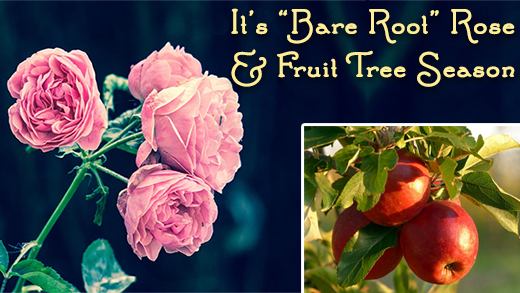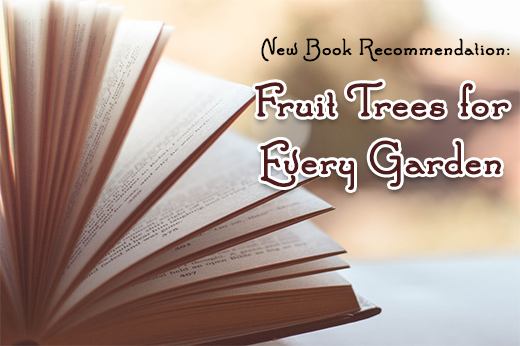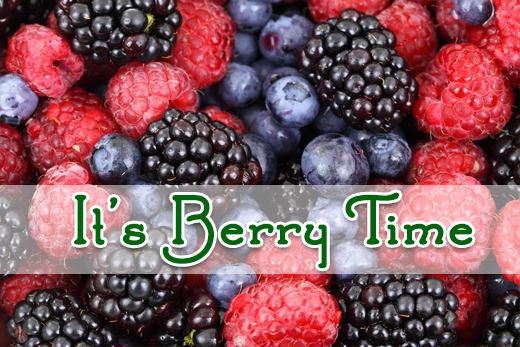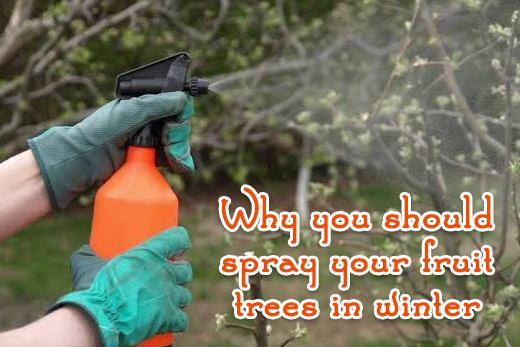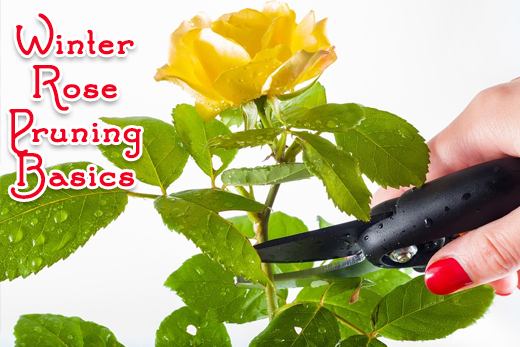|
 |
| |
|
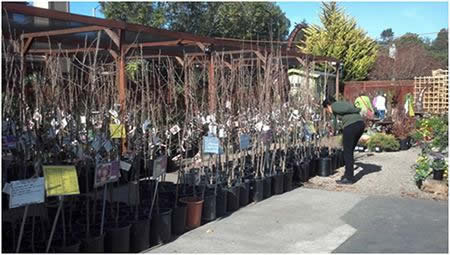 |
The term "Bare Root" describes a manner in which certain plants are distributed and sold. A deciduous plant has a distinct period of dormancy during which the leaves fall off. For many shrubs and trees the dormancy begins in late fall when the days are shorter and the temperatures are cooler.
Roses respond this way as do deciduous fruit trees like apples, apricots, nectarines, peaches, pears, plums and persimmons.
A bare root plant is grown in the ground for a couple of growing seasons and is then dug up during the dormant period. This is done with tractor attachments that lift the roots out of the soil with minimal damage.
The roses or trees are sorted by variety and size. They are bundled together in groups of 5 with the roots fully exposed. They are immediately placed in cold storage with consistent moisture until they are loaded in a truck and shipped directly to nurseries with no soil around the roots. Thus, the term "bare root".
Because the plants are dormant, if the roots are kept moist, the plants experience little transplant shock. Some chain stores sell dormant roses or fruit trees in plastic bags or boxes which are subject to drying.
Some nurseries display their bare root plants in raised beds with moist sand over the roots. Once the plant is pulled from the sand it must be planted immediately to prevent dehydration of the roots.
We handle our bare root differently. Upon delivery, every rose and fruit tree is inspected and hand pruned to remove any roots or stems that have been damaged in the digging process. Further pruning is then done to establish a good foundation for branching structure. Each plant is placed in a plastic nursery pot which is filled with Gardner & Bloome Rose Planting Mix.
This gives our customers the flexibility to buy a rose or fruit tree today and keep it in the pot for days or weeks until they have the time to plant, as long as soil moisture is maintained. As a bonus, the planting mix can be used to improve your soil at the time of planting.
So why should you buy bare root? The range of varieties of roses and deciduous fruit trees is at its peak this time of year. As we get further into the spring many varieties will be sold out with little chance for re-order until next year.
Pricing for bare root plants is typically 30% to 40% less than comparable established plants brought in from growers later in the year. And finally, with adequate soil preparation and consistent moisture, dormant plants adapt very easily to their new home.
New and notable rose varieties:
2020 Introduction:Burst of Joy - An upright Floribunda with petals that are brilliant orange on top and bright yellow on the reverse side. Beautifully shaped buds open to double flowers on fairly long stems for cutting. Good disease resistance.
2020 Introduction: Love at First Sight - A classic, bushy, Hybrid Tea rose with rounded, full, individual flowers atop great cutting stems. Red petals with white reverse create an almost iridescent effect combined with glossy disease resistant foliage.
2020 Introduction: State of Grace - A medium sized Grandiflora bearing an abundance of soft apricot-gold and pink flowers in clusters on good cutting stems. Nice fruity fragrance with very good disease resistance.
2020 Introduction: Queen of Elegance - A very fragrant upright Floribunda with large, medium pink, full old fashioned flowers. Glossy, dark green foliage with good disease resistance.
Anna's Promise - The first release from the Downton Abbey collection in 2015 -unique golden petals with pink blush and copper reverse, moderate fruit and spice fragrance. Available in both bush and tree form.
Pope John Paul II - Probably the nicest white Hybrid Tea rose for our area. A vigorous grower with very fragrant, pure white, fully double flowers and glossy disease resistant foliage.
Pretty Lady Rose - 2ndselection from the Downton Abbey Collection, fragrant Hybrid Tea, glossy foliage, large old fashioned ruffled flowers in dark pink with a hint of violet. Available in both bush and tree form.
David Austin rose varieties: (Coming in mid- January)
David Austin is a British rose hybridizer who has been breeding roses since the 1960's to combine the appearance and fragrance of old English roses with the disease resistance and repeat blooming habit of modern roses. The result is a collection of roses with big, bold, beautiful, fragrant flowers. We will have twenty varieties available this year including several we are offering for the first time.
Notable fruit tree varieties:
Honeycrisp Apple - perfect balance of sweet & tart, crisp, aromatic, mottled yellow & red, stores well, requires a pollinizer (golden delicious, Jjonathan, Gala, Granny Smith)
Sundowner Apple - low chill requirement, late, sweet, crisp, excellent flavor, crimson red skin with white flesh, prefers warmer summer weather of Scott's Valley or Bonny Doon.
Fuji Apple - from Japan, most popular variety, performs very well on the Central Coast, sweet, crisp,flavorful, self-fruitful, available as dwarf, semi-dwarf and espalier.
6-in-1 Espaliered Apples - Six different varieties grafted on to one trunk in three tiers of lateral branches. Ideal for growing flat against a sunny wall or fence.
Lapins Cherry - beautiful spring bloom with dark red, sweet, Bing-like cherries in summer. Self-fruitful, available on dwarf and semi-dwarf rootstock.
Arctic Rose Nectarine - Super sweet and juicy white freestone with rich flavor and crisp texture. Self-fruitful.
Arctic BabeMiniature Nectarine - grows slowly to a mature height of 6' making it great for containers.Sweet yellow freestone with red skin, self-fruitful.
Frost Peach - delicious, sweet, juicy, yellow freestone on semi dwarf rootstock. Very productive and highly resistant to peach leaf curl.
4-in-1 Upright Pears - Four varieties of either European or Asian Pears grafted on to one trunk with an upright growth habit. Facilitates cross pollination and increased production in a compact space.
Fuyu Persimmon - one of our most requested bare root trees. Flattened shape fruit is firm and crunchy when ripe. A beautiful tree with glossy foliage and spectacular fall color.Self-fruitful.
3-in-1Pluot - Three varieties of the delicious plum/apricot cross grafted onto one trunk. Get the reliable fruiting habit of plums with the strong influence of sweet apricot flavor. Delicious fresh or for baking. |
| |
|
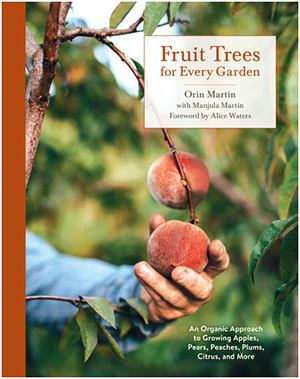
|
Orin Martin has been growing and maintaining fruit trees at the UCSC Allen Chadwick Garden since 1972. He has recently released a compilation of a life's work and experience in his book "Fruit Trees for Every Garden".
It is a comprehensive, well organized guide that covers just about everything you need to know for successful, organic fruit harvests. Whether you already have fruit trees or are just thinking about planting one, this is a valuable resource with local information about plant selection, soil preparation, pruning, feeding, pest control, and much more.
Orin will be at The Garden Company signing books and leading a fruit tree question and answer session on Saturday January 25th from 10:00-Noon. |
| |
|
We recently received our shipment of "dormant season" berries, and our cool, wet weather is creating the perfect conditions for planting.
Strawberries:
Our Strawberries are available now as bare-root crowns with a nicely developed root system and leaf buds beginning to emerge. With a little moisture and sunlight they will grow quickly.They are a great deal at five plants per bunch for only $1.79
'Seascape' is a UC Davis cross between Selva and Douglas. It is a "day-neutral" variety, meaning that instead of one big crop in early summer it produces a steady light crop, late spring through late summer.
Although many day-neutral varieties produce smaller fruit, Seascape tend to be large, firm, berries with exceptional flavor. The plants are highly resistant to virus diseases and provide peak production in August and September.
Strawberries must have good drainage or they will rot, so plant them in raised beds, mounds or containers with well amended soil. If planting in the ground, dig in 2 inches of Harvest Supreme Organic Soil Builder.
For containers, use Blue Ribbon Potting Soil. Place your plants about 12 inches apart, spread the roots out evenly and cover with soil up to the crown or "waist" of the plant.
Fertilize with Dr.Earth organic Tomato and Vegetable food and water when necessary to maintain light soil moisture. As fruit forms, birds can be an issue so either cover the plants with netting or place strips of flash tape on stakes.
Bait with SluggoPlus for organic protection from slugs, snails, sow bugs and earwigs.
Raspberries:
Raspberries are high in fiber, vitamin A and C, antioxidants and many minerals. They prefer a slightly acidic soil and are most manageable when grown on wires, a fence or trellis for support. Individual plants should be placed at least 3 feet apart with 6-8 feet between rows. Fertilize with Dr.Earth Rhododendron Azalea and Camellia food.
"Summer-bearing" varieties bear one large crop of fruit in early summer. "Ever-bearing" types produce berries on the upper part of a stem in September and then a lighter crop on the lower half the following late spring. For either type, after a cane, or section of a cane has fruited, cut it off as it will not fruit again.
- 'Baba' is aneverbearing Red Raspberry with fine flavored, extra-large berries up to 1-1/2" long. Bears a heavy crop May-July with a smaller crop late summer through fall.
- 'Canby' is a summer bearing variety with medium to large light red berries. It is vigorous with very few thorns and is highly resistant to virus and aphids.
- 'Heritage Red'Is an ever bearing variety that is a very strong grower with very firm red berries of excellent quality.
- 'Fall Gold'is an ever bearing variety with fruit that is very sweet, large, firm, juicy and gold.
Blackberries:
Think of Blackberries as having perennial roots and biennial stems. The stems will grow vigorously in the first year and bear fruit in the second year.
As with Raspberries, when canes have fruited they have done their job and should be cut to the ground. Since many more canes will sprout, it is important to thin some out to reduce density.
- 'Black Satin' is a thornless variety with medium to large berries and a sweet honey-like flavor. It is a very vigorous and disease resistant variety with semi-erect growth and big crops in July.
- 'Ollalie' has the parentage and characteristics of Raspberries, Blackberries and Dewberries. It is a very vigorous and productive variety that forms trailing stems with big, firm, shiny black, very sweet fruit in June.
Blueberries: Yes, we have 5 varieties of small potted blueberries too, but to avoid information overload we will discuss those in February.
|
| |
|
Deciduous fruit trees lose their leaves in the winter and have a period of dormancy. This includes apples, apricots, cherries, nectarines, peaches, pears, persimmons, plums, and others.
During the growing season of spring and summer the trees are exposed to insects and diseases that are all around us. As fall approaches, insects lay eggs on branches so the next generation will hatch as the trees leaf out in spring. Similarly, fungus spores are deposited on branch surfaces for re-infestation in spring.
Pest Fighter Year-Round Spray Oil is a highly refined Paraffinic Oil approved for organic production. When sprayed on dormant trees the oil smothers over-wintering insect eggs and prevents early season infestation.
Bonide Copper Fungicide is approved for organic gardening. When sprayed on dormant plants it kills over-wintering fungus spores so trees or roses begin the spring disease free.
Timing: Ideally you spray these products twice. Apply when rain is not expected for 24 hours. The first application is done after most leaves have fallen. Rake up all fallen leaves and fruit first as these provide over-wintering sites for pests. The second application is done as the very first leaf or flower bud begins to crack open.
A pump sprayer is the most efficient method for application. Try to spray from a couple of different angles to thoroughly coat all surfaces of the branches and trunk.
|
| |
|
We generally do our winter rose pruning in January in the Monterey Bay area. Pruning roses can often be an intimidating task but if you follow some basic guidelines you can significantly improve the appearance, health and productivity of your plants.
The first thing to do is identify what type of rose you are dealing with. These are four of the most common growth habits to consider:
Shrub roses - would include the types of roses that tend to grow in a fairly upright or sprawling vase shaped habit. This would include Hybrid Tea, Grandiflora, Floribunda and David Austin varieties. This group includes most of the roses sold in nurseries.
Tree roses - are basically shrub roses that have been grafted onto a three foot bare trunk. These would be pruned in a similar manner to shrub roses except that you would think of the top of the trunk as your reference point for pruning height, not the soil line.
Climbing roses - have a different growth habit with long, arching or vine-like canes. These are pruned differently than shrub roses.
Ground cover roses - would include the low growing mounding varieties like "Flower Carpet", "Drift", and "Knock Out".
Regardless of the type of rose you are pruning it is important to have the following tools:
- Heavy duty gloves (gauntlet style gloves with long cuffs are helpful)
- Good quality, sharp pruning shears (ARS, Felco, Corona)
- Lopper or folding pruning saw (for cutting old, thick, woody canes)
The primary objectives of pruning are to remove, dead, diseased, old or spindly growth that will not be productive, and to cut back the remaining healthy stems to stimulate new vigorous growth capable of producing abundant flowers. Additionally we want to control the direction of new growth to maintain plant balance and health.
On a shrub rose we try to end up with three to five healthy stems that are cut back to about 12 inches in height, with all new growth directed away from the center of the plant. Begin by removing spindly growth smaller than pencil thickness.
Look at the remaining stems.If there are a few green, healthy canes, consider removing old woody stems that are more than an inch in diameter. Ideally you will have 3 to 5 healthy green stems that are evenly spaced and growing away from the center of the plant.
Cut these remaining stems back, at a 45 degree angle, about a quarter inch above a bud (sometimes called an eye) that faces away from the center of the plant and is about twelve inches off the ground.
|
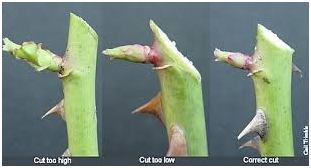 |
As the new growth buds begin to elongate, pinch off growth that is growing toward the center of the plant. This will maintain good air flow through the canopy and reduce disease issues.
The following link connects to a YouTube video from the New York Botanical Garden that demonstrates these techniques: https://www.youtube.com/watch?v=dTPqCd4dzcU
Pruning climbing roses is different in that you don't cut back all of the canes close to the ground each year. For plants that repeat bloom through the summer, you would remove old, woody, less productive canes and try to encourage arching new canes to grow at a low angle on your fence or trellis.
Along these arching canes you would cut back lateral upright stems to about four to six inches in height with two to three buds per lateral.
|
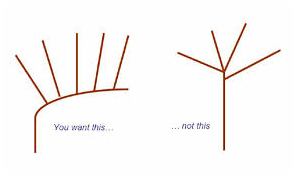 |
Ground cover roses can be sheared back with a hedge shear by about one third of the overall size. Selective thinning of old stems or dense growth will improve vigor.
If this is still too confusing or intimidating, take some photos of your plants and bring them in so we can give you additional tips and confidence. Roses are resilient and very forgiving so it is really hard to make a serious mistake.
|
| |
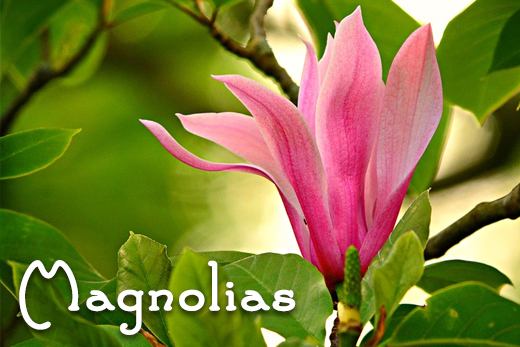 |
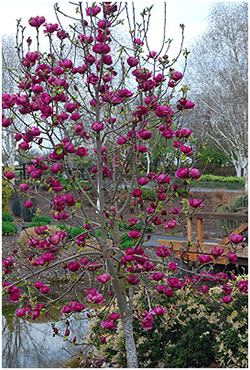
|
Deciduous Magnolias (those that lose their leaves in winter) are some of the most spectacular flowering trees for our area.
The huge, tulip shaped flowers unfurl from swollen buds at this time of year, generally before the leaves emerge. Depending on the variety, the flowers could be white, pastel yellow, pink, or deep burgundy. Most varieties are relatively slow growing and develop into small to medium size trees that are perfect for smaller yards. |
|
|
Contact Information
Address:
2218 Mission Street
Santa Cruz, CA 95060
Phone:
(831)429-8424
Fax:
(831)429-8477
Store Hours:
Monday - Friday:
8:30 - 5:30
Saturday: 8:30 - 5:00
Sunday: 9:00 - 5:00
E-Mail:
Click to email us.
|
ANNOUNCEMENTS
Like us on Facebook
Want to get regular updates about events, sales, new products and seasonal garden tips? Check out our Facebook page and like us.
facebook.com/thegardenco
On the Radio
Charlie of The Garden Company is now doing a 10 minute radio garden program with Rosemary Chalmers, host of Good Morning Monterey Bay on KSCO. Tune in to AM 1080 every Friday morning at 8:15 and join us for a walk in the garden. |
|
Gift Certificates
Can't decide what to get that special person in your life? A Gift Card from The Garden Company is a gift of a thousand possibilities. Available in any amount, for any budget. |
|
Special Orders
Our Special Order Program can help you find that special plant or product you are looking for. We will gladly try to track it down and call you when it is available. Of course, specific plant availability is dependent on production cycles, but if it's out there, we'll try to get it for you. |
Weather Forecast

Santa Cruz Weather
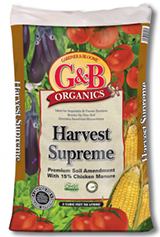
"Organic soil builder with 15% Chicken Manure, worm castings, bat guano, kelp meal, and more. Excellent for vegetables, perennials, shrubs and trees."
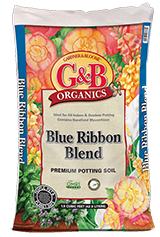
"Premium Potting Soil for containers with organic nutrients and water saving peat moss and coir."
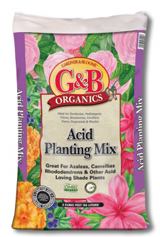
"Formulated for acid loving plants like Azaleas, Camellias, Rhododendrons, Gardenias, Blueberries, Maples and more."
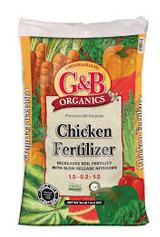
"Fully composted chicken manure provides slow release nutrients and helps build soil structure. Great for vegetable gardens and fruit trees."
Coming soon
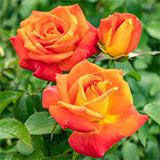

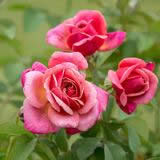
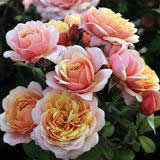
|
|


